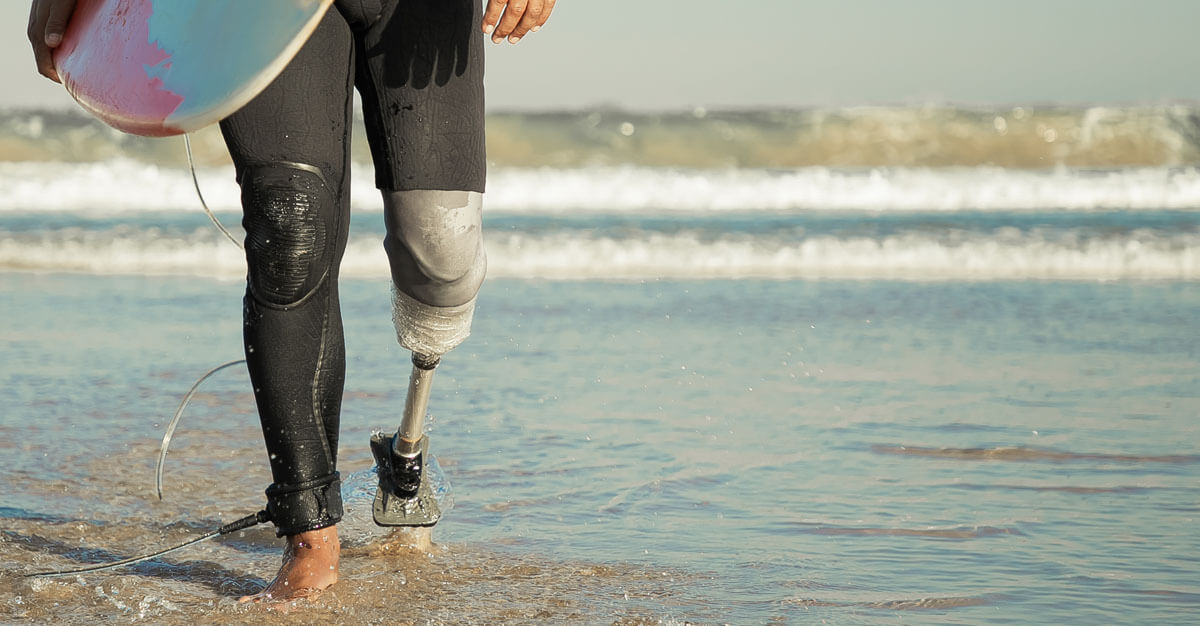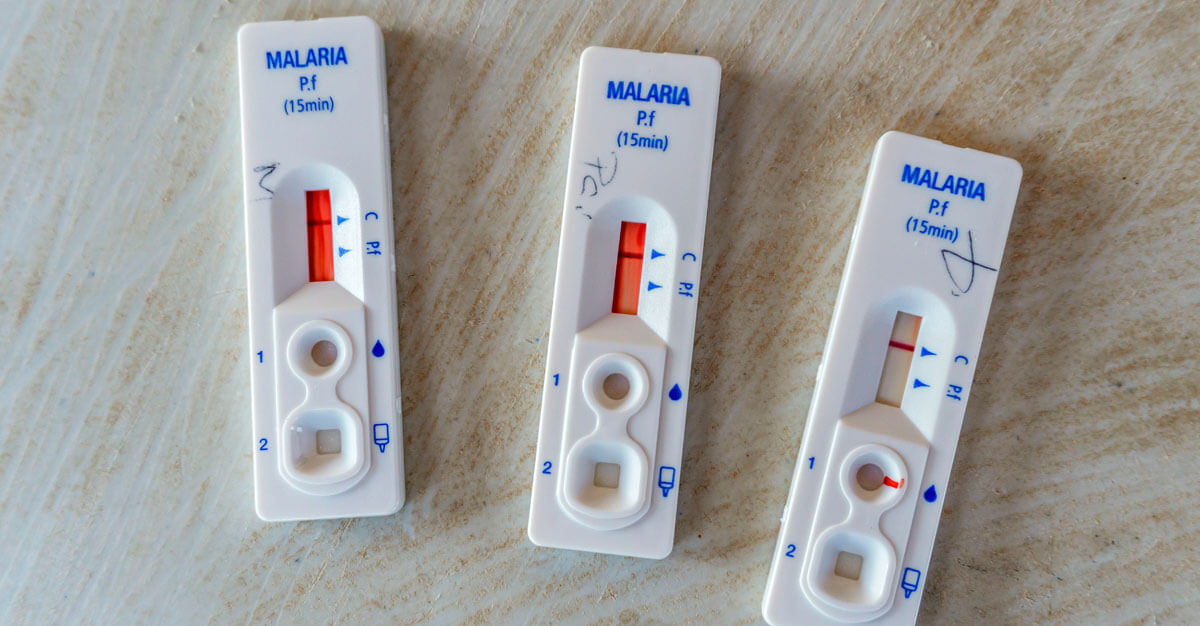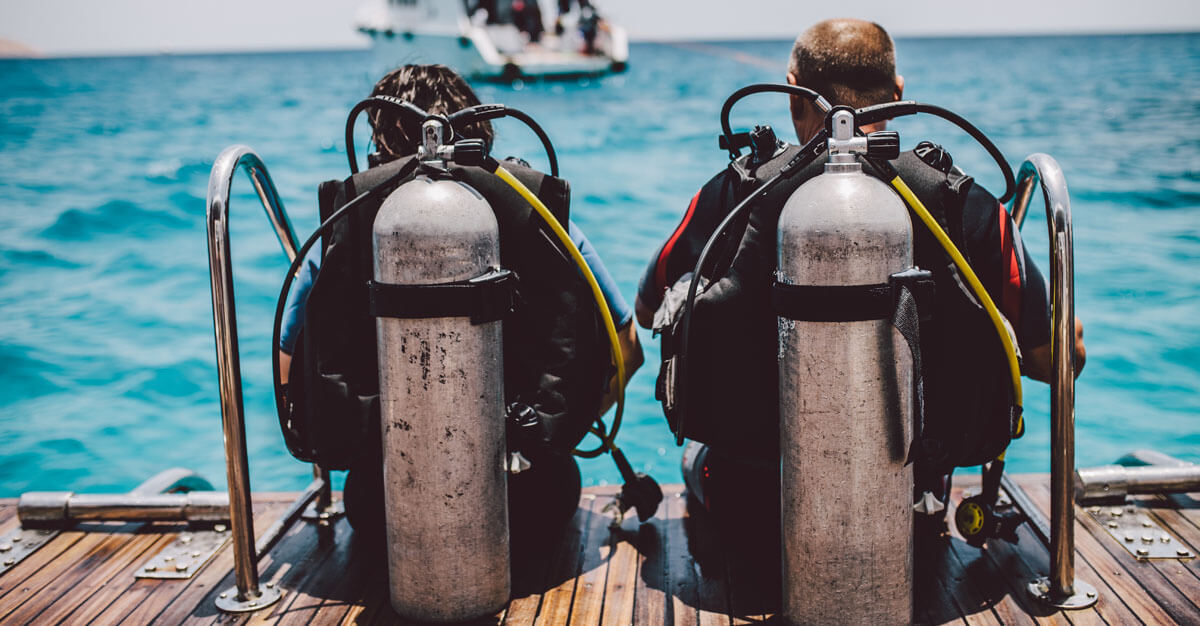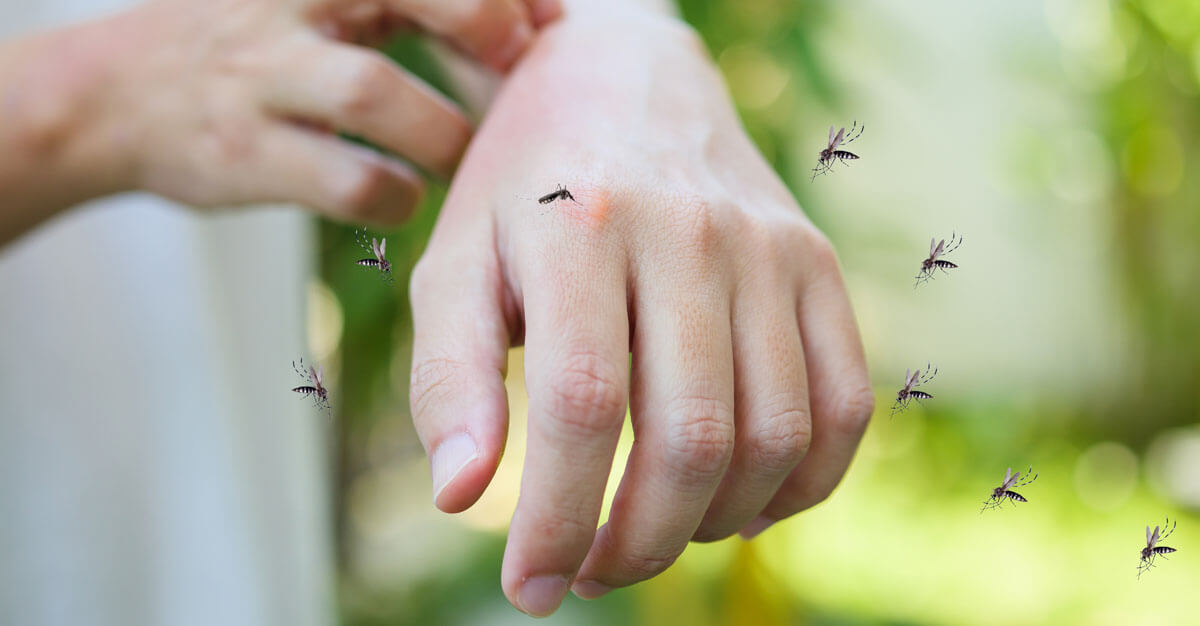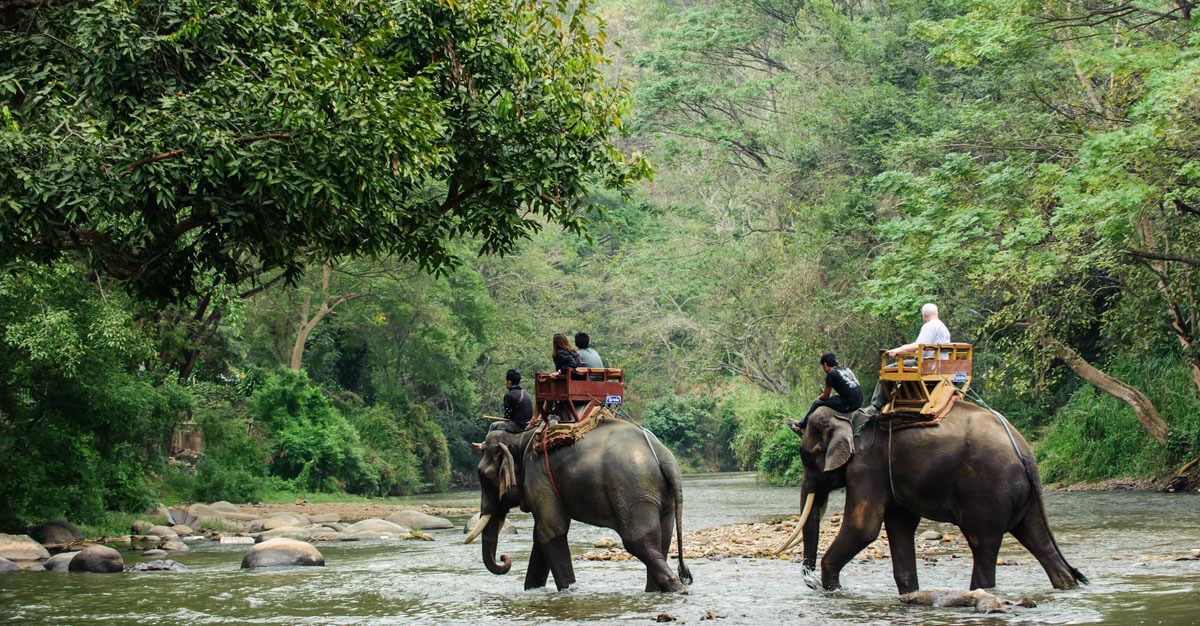
When you are traveling, it is wise to always keep a few things on hand with you at all times. But, one of the most important is a travel first aid kit with you. It is important to keep one with you, even if it is a small one, at all times, just in case you or your family may need it. Below are some ideas for items that you should pack in one.

